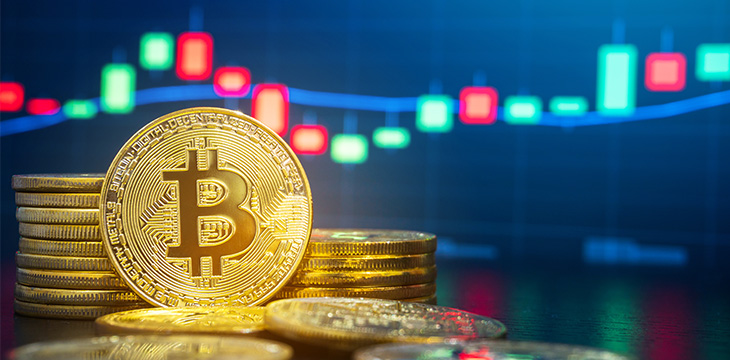|
Getting your Trinity Audio player ready...
|
Cryptocurrency exchange Binance is gearing up to add fiat currency to its trading platform. In an interview with Bloomberg, Zhao Changpeng, CEO of Binance, confirmed the exchange will be adding fiat currencies before the end of 2018 to help serve its growing market.
Zhao said that Binance’s first fiat currency would be the euro. According to his statement, Binance is working with authorities to get the necessary license in order to start exchanging cryptocurrencies to euros. The company also plans to add more fiat currencies in the near future.
For years, Hong Kong-founded Binance had been skirting regulation in a bid to offer the nascent crypto sector more relaxed Know-Your-Customer (KYC) policies. But as virtual currencies started gaining mainstream popularity, the exchange decided it’s time to comply with regulatory policies for the benefit of clients who find it hard to get reliable exchanges willing to convert their cryptocurrencies to fiat.
Zhao said that the company plans to open an office in UK’s independent jurisdiction of Jersey, a move that will provide employment opportunities to residents in the island. At the moment, Binance is still waiting for the necessary licenses from the UK Financial Conduct Authority (FCA), according to Zhao. Additionally, Binance is also in talks with Taiwanese authorities and banks for a possible division in the region.
Founded in July 2017, Binance serves over 9 million customers with a daily trading volume of $1.7 million. The exchange, originally based in Hong Kong, shifted its operations to the European island nation of Malta after the Beijing government tightened its crypto regulations.
Virtual currencies operating within Europe started complying with new rules set by the European Union lawmakers in May. In a 90-page document, dubbed ‘Report for the European Parliament’s Special Committee on Terrorism,’ the commission made recommendations that led to the new laws. Virtual currencies are subject to anti-money laundering (AML) and customer due diligence requirements.

 02-22-2026
02-22-2026 




